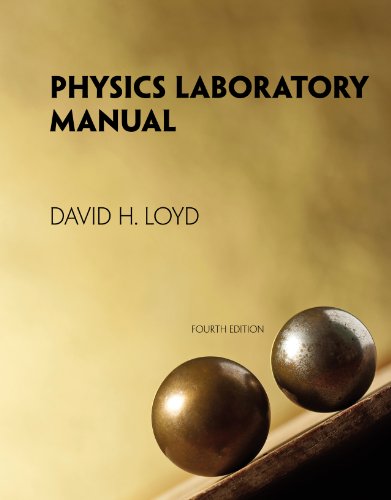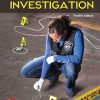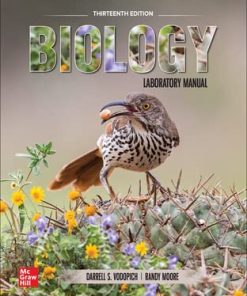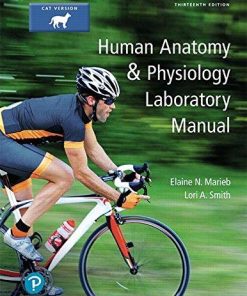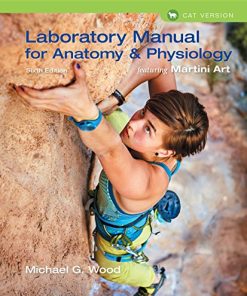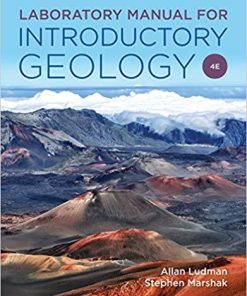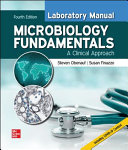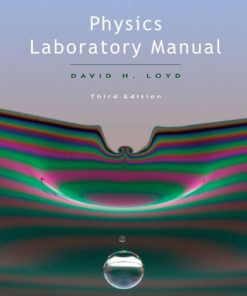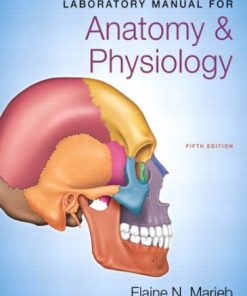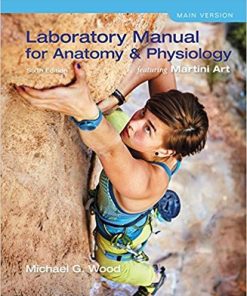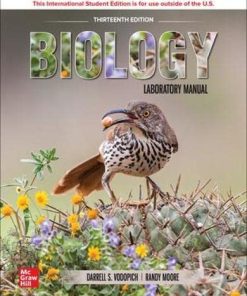Physics Laboratory Manual 4th Edition, (Ebook PDF)
$50.00 Original price was: $50.00.$25.00Current price is: $25.00.
Physics Laboratory Manual 4th Edition, (Ebook PDF) – Digital Instant Dowload.
Physics Laboratory Manual 4th Edition, (Ebook PDF) – Digital Instant Dowload.
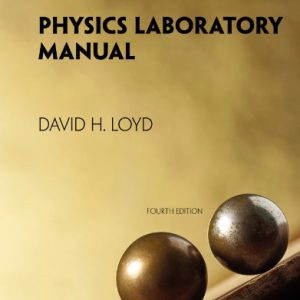
Product details:
- ISBN-10 : 1133950639
- ISBN-13 : 978-1133950639
- Author: David Loyd
Ideal for use with any introductory physics text, Loyd’s PHYSICS LABORATORY MANUAL is suitable for either calculus- or algebra/trigonometry-based physics courses. Designed to help students demonstrate a physical principle and learn techniques of careful measurement, Loyd’s PHYSICS LABORATORY MANUAL also emphasizes conceptual understanding and includes a thorough discussion of physical theory to help students see the connection between the lab and the lecture.
Table contents:
Preface.
Acknowledgements.
General Laboratory Information.
Laboratory 1: Measurement of Length.
Laboratory 2: Measurement of Density.
Laboratory 3: Force Table and Vector Addition of Forces.
Laboratory 4: Uniformly Accelerated Motion.
Laboratory 4A: Uniformly Accelerated Motion Using a Photogate.
Laboratory 5: Uniformly Accelerated Motion on the Air Table.
Laboratory 6: Kinematics in Two Dimensions on the Air Table.
Laboratory 7: Coefficient of Friction.
Laboratory 7A: Coefficient of Friction Using a Force Sensor and a Motion Sensor.
Laboratory 8: Newton’s Second Law on the Air Table.
Laboratory 9: Newton’s Second Law on the Atwood Machine.
Laboratory 10: Torques and Rotational Equilibrium of a Rigid Body.
Laboratory 11: Conservation of Energy on the Air Table.
Laboratory 12: Conservation of Spring and Gravitational Potential Energy.
Laboratory 12A: Energy Variations of a Mass on a Spring Using a Motions Sensor.
Laboratory 13: The Ballistic Pendulum and Projectile Motion.
Laboratory 14: Conservation of Momentum on the Air Track.
Laboratory 14A: Conservation of Momentum Using Motion Sensors.
Laboratory 15: Conservation of Momentum on the Air Table.
Laboratory 16: Centripetal Acceleration of an Object in Circular Motion.
Laboratory 17: Moment of Inertia and Rotational Motion.
Laboratory 18: Archimedes’ Principle.
Laboratory 19: The Pendulum–Approximate Simple Harmonic Motion.
Laboratory 20: Simple Harmonic Motion–Mass on a Spring.
Laboratory 20A: Simple Harmonic Motion–Mass on a Spring Using a Motion Sensor.
Laboratory 21: Standing Waves on a String.
Laboratory 22: Speed of Sound–Resonance Tube.
Laboratory 23: Specific Heat of Metals.
Laboratory 24: Linear Thermal Expansion.
Laboratory 25: The Ideal Gas Law.
Laboratory 26: Equipotentials and Electric Fields.
Laboratory 27: Capacitance Measurement with a Ballistic Galvanometer.
Laboratory 28: Measurement of Electrical Resistance and Ohm’s Law.
Laboratory 29: Wheatstone Bridge.
Laboratory 30: Bridge Measurement of Capacitance.
Laboratory 31: Voltmeters and Ammeters.
Laboratory 32: Potentiometer and Voltmeter Measurements of the emf of a Dry Cell.
Laboratory 33: The RC Time Constant.
Laboratory 33A: RC Time Constant with Positive Square Wave and Voltage Sensors (Web only).
Laboratory 34: Kirchoff’s Rules.
Laboratory 35: Magnetic Induction of a Current Carrying Long Straight Wire.
Laboratory 35A: Magnetic Induction of a Solenoid (Web only).
Laboratory 36: Alternating Current LR Circuits.
Laboratory 36A: Direct Current LR Circuits (Web only).
Laboratory 37: Alternating Current RC and LCR Circuits.
Laboratory 38: Oscilloscope Measurements.
Laboratory 39: Joule Heating of a Resistor.
Laboratory 40: Reflection and Refraction with the Ray Box.
Laboratory 41: Focal Length of Lenses.
Laboratory 42: Diffraction Grating Measurement of the Wavelength of Light.
Laboratory 42A: Single-Slit Diffraction and Double-Slit Interference of Light (Web only).
Laboratory 43: Bohr Theory of Hydrogen–The Rydberg Constant.
Laboratory 43A: Light Intensity versus Distance with a Light Sensor (Web only).
Laboratory 44: Simulated Radioactive Decay Using Dice “Nuclei.”
Laboratory 45: Geiger Counter Measurement of the Half-Life of 137Ba.
Laboratory 46: Nuclear Counting Statistics.
Laboratory 47: Absorption of Beta and Gamma Rays.
You may also like…
Biology and other natural sciences - Biology
Uncategorized
Laboratory Manual for Anatomy & Physiology featuring Martini Art, Cat Version – Ebook PDF Version
Biology and other natural sciences - Microbiology
Laboratory Manual for Microbiology Fundamentals: A Clinical Approach 4th Edition
Uncategorized
Uncategorized
Laboratory Manual for Anatomy & Physiology (Anatomy and Physiology) 5th Edition, (Ebook PDF)
Uncategorized
Biology and other natural sciences - Biology
ISE Biology Laboratory Manual (Thirteenth Edition) Darrell S. Vodopich


